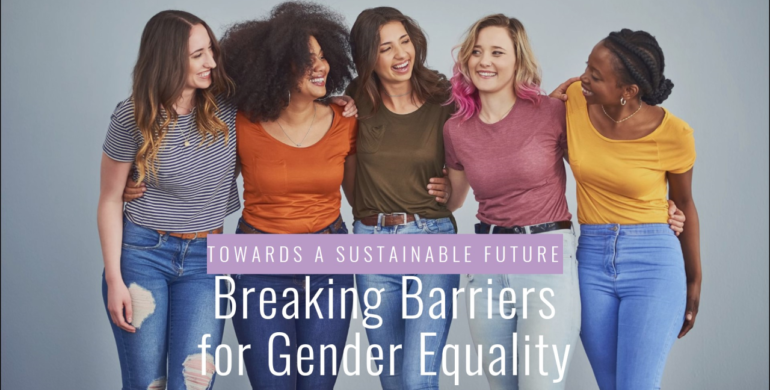
Gender equality is a fundamental human right and a critical component of sustainable development. However, women and girls around the world continue to face significant barriers to equality, perpetuating cycles of poverty, inequality, and social injustice.
The Targets of SDG 5: Gender Equality
The United Nations’ Sustainable Development Goal 5 (SDG 5) aims to achieve gender equality and empower all women and girls. The goal has nine targets:
1. End all forms of discrimination against women and girls
2. Eliminate all forms of violence against women and girls
3. Eliminate all harmful practices, such as child marriage and female genital mutilation
4. Recognize and value unpaid care and domestic work
5. Ensure women’s full and effective participation in public life
6. Ensure universal access to sexual and reproductive health and rights
7. Empower women and girls through education and training
8. Promote women’s economic empowerment
9. Enhance international cooperation for gender equality
Why Gender Equality Matters
Gender equality is essential for:
– Promoting social justice and human rights
– Fostering economic growth and development
– Addressing global challenges like climate change, health pandemics, and conflict
– Empowering women and girls to make informed decisions
– Breaking cycles of poverty and inequality
Success Stories: Gender Equality in Action
– The Girls Not Grey Foundation: The Girls Not Grey Foundation is a non-profit organization that empowers girls and women through education, economic empowerment, and advocacy.
– The HeForShe Campaign: The HeForShe campaign is a global movement that engages men and boys in promoting gender equality and challenging patriarchal norms.
Achieving gender equality is critical for sustainable development. Breaking barriers and challenging patriarchal norms can empower women and girls, foster economic growth, and create a more just and sustainable world.


